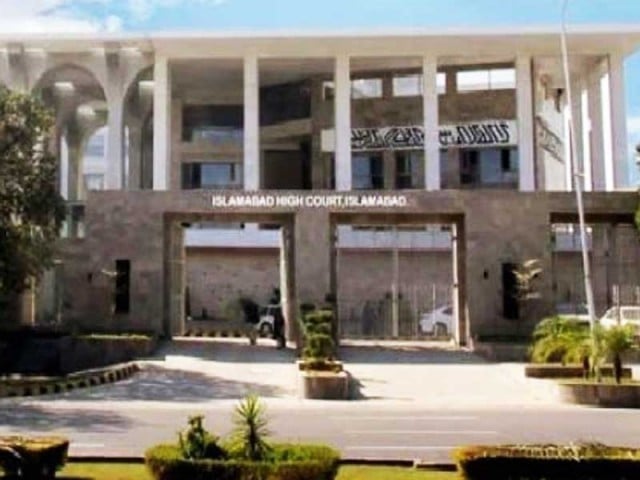-

-
-
Loading

Loading


The Islamabad High Court (IHC) has proposed that in the event of any meddling in the judiciary by state institutions, the relevant high court should take institutional measures, while contempt proceedings may also be initiated against such meddlers. The court also recommended that any judge facing pressure from any quarter should report this within seven days of its occurrence to the inspection judge of the relevant high court. Failure to report an instance of meddling by a judge should be construed as misconduct. According to sources within the capital’s high court, the IHC has made these recommendations in a report submitted to the Supreme Court of Pakistan. The apex court had sought proposals from high courts on how to protect the independence of the judiciary from the “interference” of agencies. A larger bench of the Supreme Court is currently hearing a suo motu case initiated in view of a letter sent by six of the eight IHC judges to the Supreme Judicial Council on March 25, highlighting the coercive measures allegedly employed by the country’s spy agencies to pressure judges of high and lower courts. The proposals were formulated in a full court meeting of the IHC held on April 23. In the meeting, all the IHC judges unanimously acknowledged that agencies were “interfering” in their judicial functions. According to sources, a draft code of conduct for judges has also been included as a recommendation by the IHC. The proposed code of conduct comprises six to seven pages. The IHC judges have suggested that there should be an immediate institutional response to any interference, with the reporting of any such interference being mandatory within seven days. It has been stated in the recommendation that failure to report interference within seven days would be considered misconduct. Sessions judges, additional sessions judges, and high court judges will notify the relevant high court’s inspection judge about the interference. The inspection judge will bring the matter to the attention of the chief justice of the high court. The high court administrative committee will decide whether to address the matter administratively or judicially based on the severity of the interference. The committee may also refer the matter to the full court based on the gravity of the issue. The high court can exercise its authority to punish such meddlers by initiating contempt of court proceedings. Other provincial high courts have also held full court meetings in view of the SC’s order and are submitting their input on the question of interference of state institutions in judicial matters.
if you want to get more information about this news then click on below link
More Detail